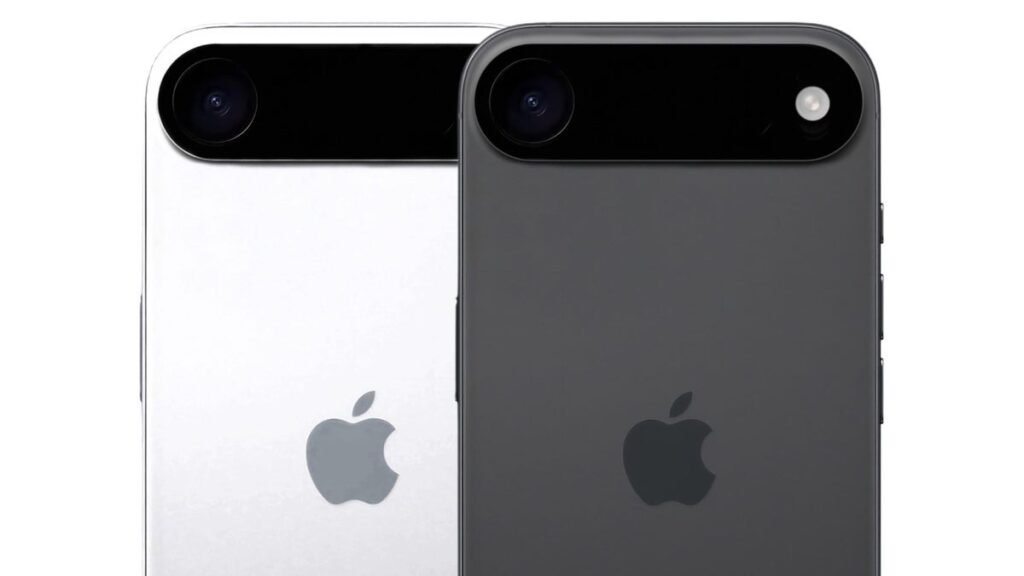Apple has long been synonymous with innovation and a reputation for delivering premium products. Yet, with the launch of the iPhone 17, murmurs of potential pitfalls have begun to circulate. While the new device boasts advanced features and an aesthetically appealing design, early observations suggest that it might also be introducing vulnerabilities that could challenge Apple’s long-held image of excellence.
The iPhone 17 marks a bold leap forward with cutting-edge technology, including enhanced biometric systems and augmented reality integrations. However, alongside these advancements, initial user reports have surfaced regarding battery inconsistencies and sporadic software glitches. Some tech experts warn that the rapid adoption of untested innovations might open the door to unforeseen security vulnerabilities. These emerging issues are raising questions about whether the device’s novelty may come at the cost of the reliability that many Apple enthusiasts have come to expect.
Industry analysts are divided over the long-term implications of the iPhone 17. On one hand, the new features reinforce Apple’s commitment to pushing the boundaries of technology. On the other, there is growing concern that this relentless pursuit of innovation could overshadow the meticulous attention to user experience and product longevity that once defined the brand. Critics argue that by prioritizing groundbreaking functionalities over proven reliability, Apple risks alienating a segment of its loyal customer base, potentially leading to a gradual erosion of trust in the brand.
Consumer sentiment plays a crucial role in this unfolding narrative. In a market where trust is paramount, even a hint of compromised performance can have significant repercussions. Early adopters and long-time users are now scrutinizing the iPhone 17 more closely, weighing its modern features against reported operational issues. The delicate balance between innovation and dependability is at the heart of the debate, with some consumers expressing unease that the newest model might not fully meet the high standards set by previous iterations.
Beyond individual user experiences, the iPhone 17’s reception is influencing broader market dynamics. Competitors are keenly observing the unfolding situation, aware that any missteps by Apple could shift industry benchmarks. Furthermore, as regulatory bodies worldwide intensify their focus on data security and environmental responsibility, any perceived oversight in these areas could compound existing concerns. In this context, the challenges associated with the iPhone 17 extend beyond technical performance to encompass ethical and regulatory dimensions that could impact Apple’s global brand stature.
The unfolding challenges with the iPhone 17 serve as a reminder that even the most revered brands must continuously balance innovation with reliability. As Apple ventures into new technological territories, the scrutiny on how these advancements are integrated into its product lineup is likely to intensify. The ongoing discourse reflects a broader industry trend where cutting-edge features are celebrated, yet must be carefully managed to ensure they do not undermine the consumer trust that forms the cornerstone of brand reputation.
Disclaimer: This article has been manually written and complies with all applicable Google policies. The analysis provided herein is based on current public information and reflects the author’s perspective on the potential risks and challenges associated with the iPhone 17 in relation to Apple’s brand reputation. It is intended for informational purposes only and should not be taken as definitive commentary on Apple’s business practices.
